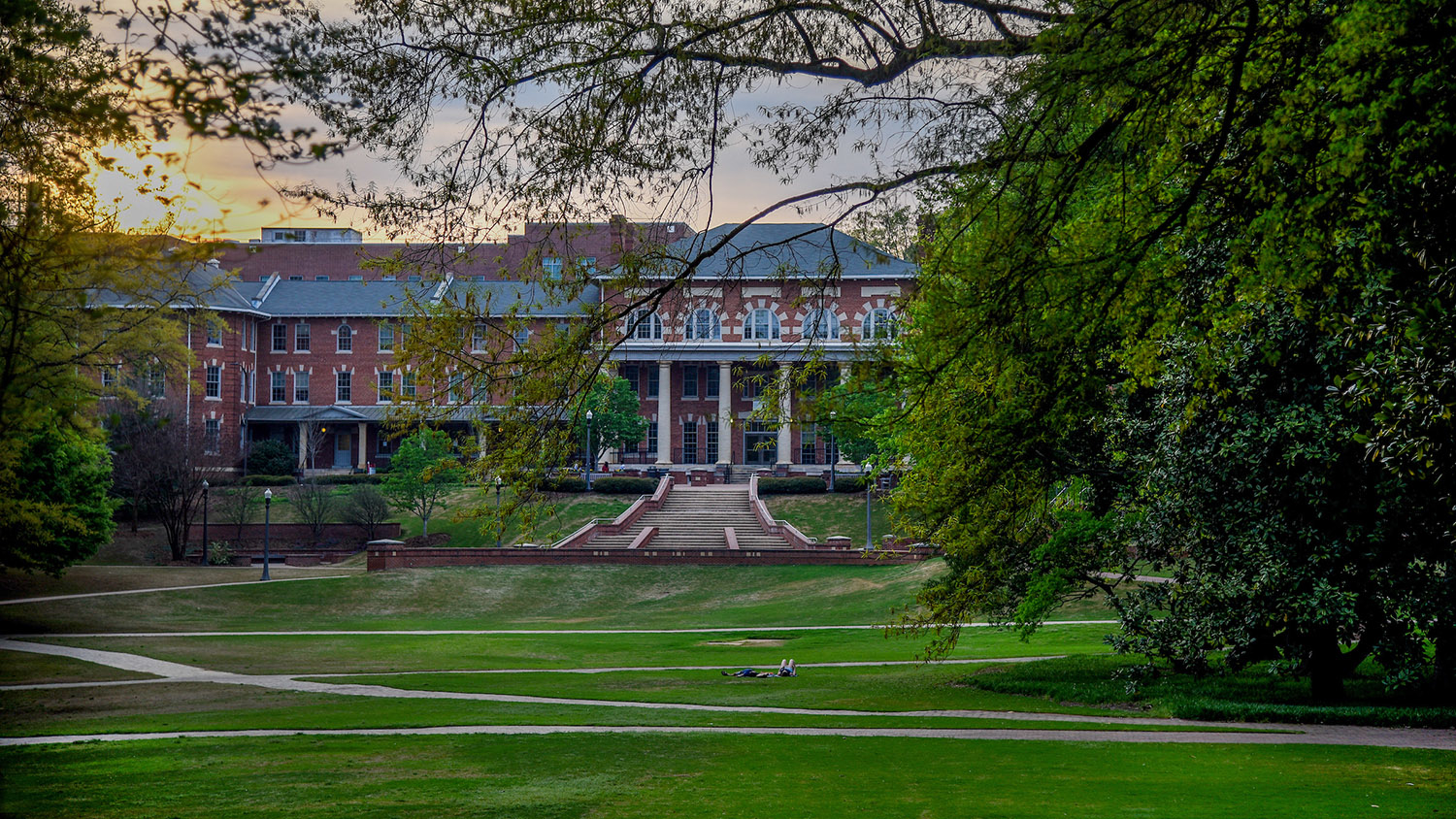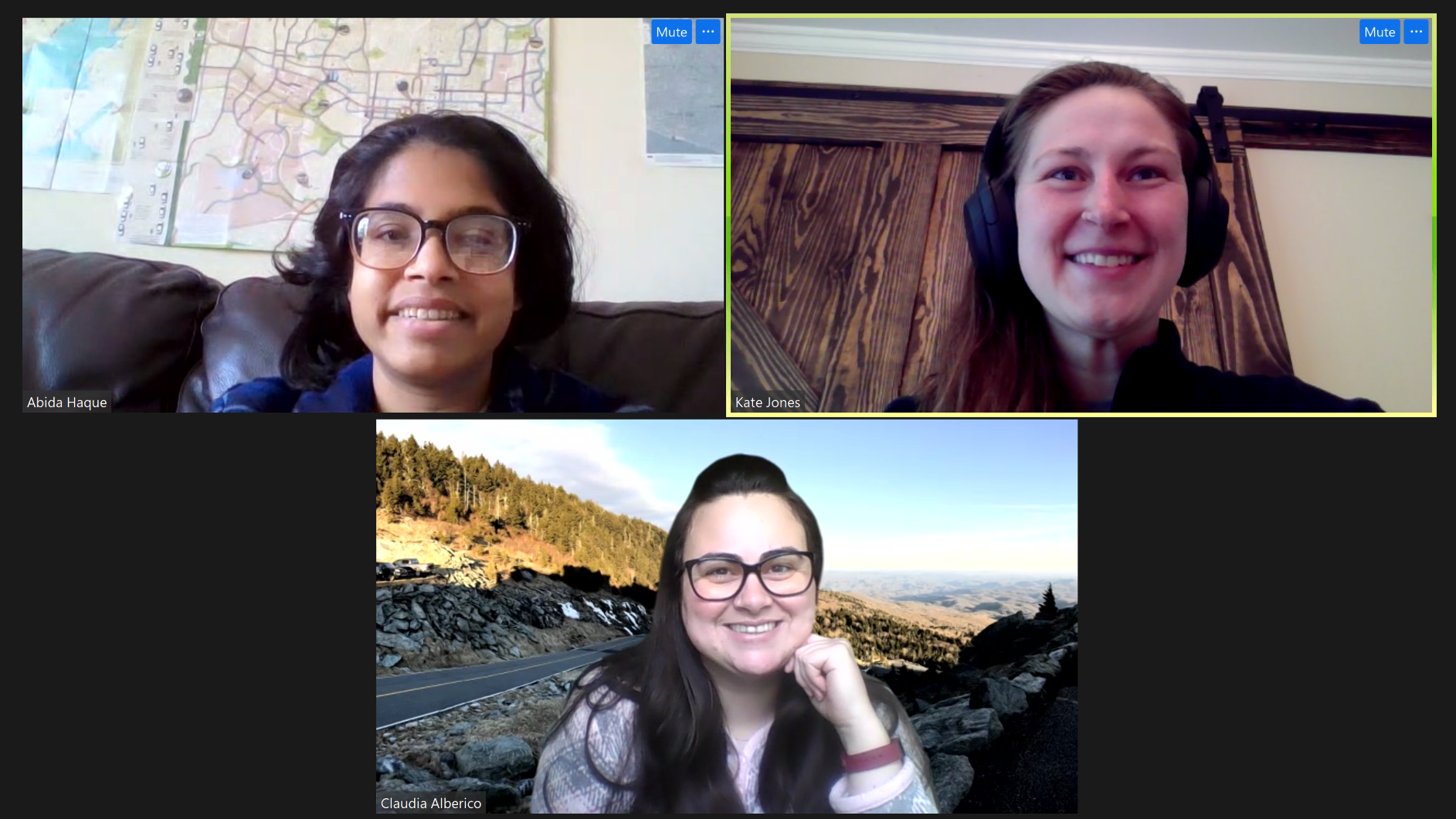Meet the NC State CVM House Officers
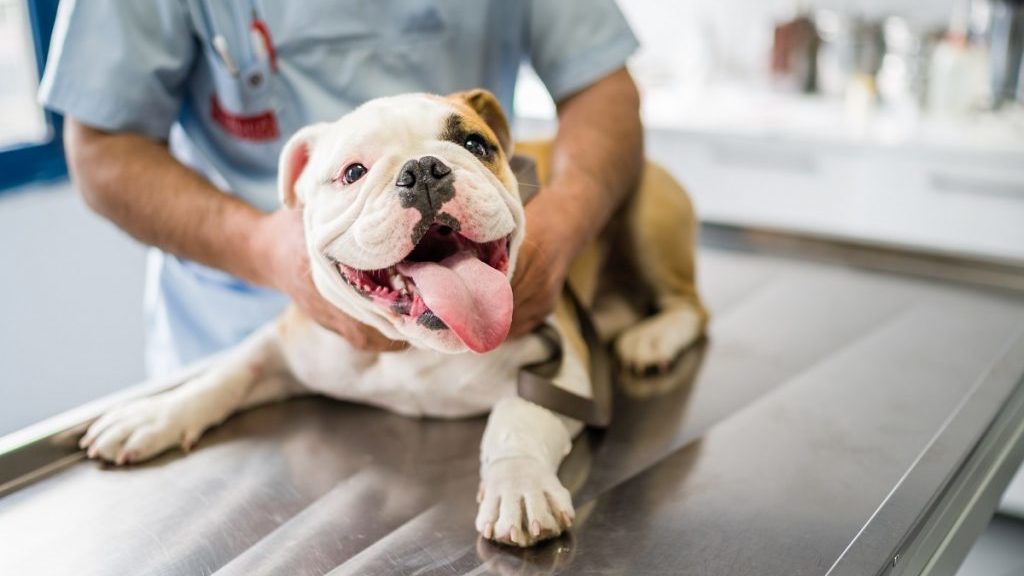
Who are the House Officers of NC State?
The College of Veterinary Medicine (CVM) at North Carolina State University (NC State) provides for house officers to be appointed to positions within the CVM. Our CVM’s house officer programs are “amongst the strongest and broadest in the world, with an outstanding applicant pool, and a superb cadre of specialists committed to their training.” There are currently over 110 house officers at NC State University from all over the world!
House officers include:
- Interns, who manage extensive cases under direct faculty supervision for one year;
- Residents, who train for 2-4 years (typically three) in a specialized field of veterinary medicine under the supervision of experienced, board-certified faculty members; and
- Fellows, who are part of the post-Doctor of Veterinary Medicine (DVM) degree clinical training programs, which you can learn more about here.
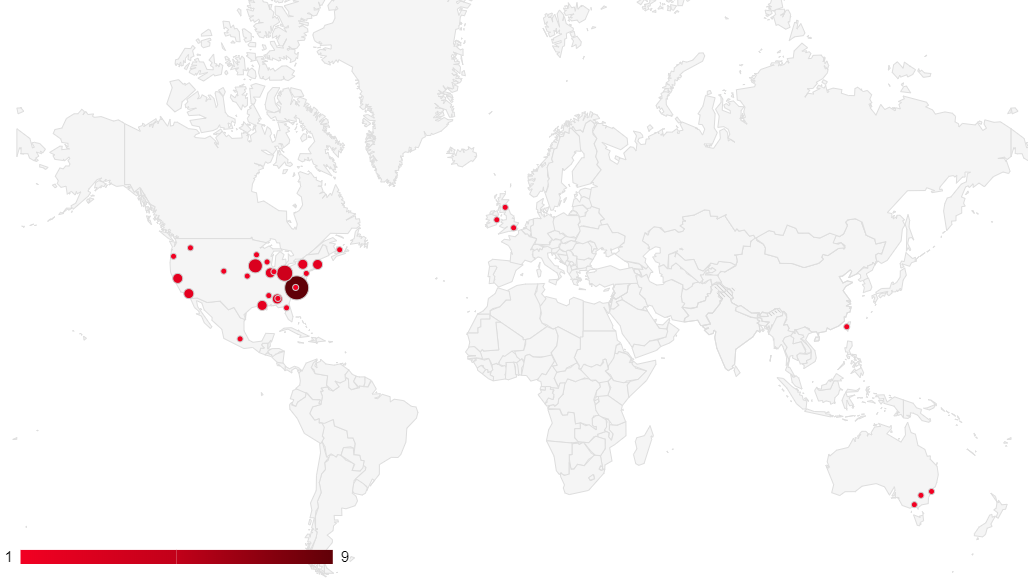
Our areas of residency specialization in NC State’s CVM house officer program include (click on each field to learn more about it and what our residents are researching):
- Anatomic Pathology
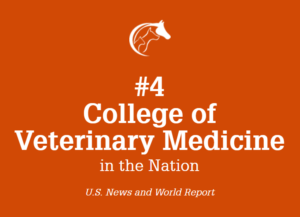 Anesthesia
Anesthesia- Cardiology
- Clinical Animal Behavior
- Clinical Pathology
- Clinical Pharmacology
- Clinical Veterinary Pharmacy
- Dermatology
- Emergency & Critical Care
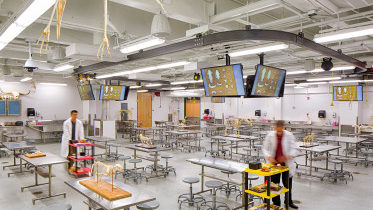
CVMs Anatomy Lab - Equine Internal Medicine
- Equine Surgery
- Large Animal Surgery
- Neurology
- Oncology
- Ophthalmology
- Poultry Health Management
- Radiation Oncology
- Radiology
- Ruminant Health Management
- Small Animal Internal Medicine\Clinician Investigator Program
- Small Animal Surgery
- Zoological Medicine
All programs conform to the guidelines established by the relevant specialty colleges and are designed to prepare residents for specialty board certification and a career in private or academic specialty practice.
What does a day in the life of a House Officer look like?
House officers work as employees within the veterinary teaching hospital facilities while simultaneously gaining intensive experience in managing cases under direct faculty supervision. They also teach fourth-year veterinary students and participate in clinical or basic research studies.
[marketing-quote color=’blue’ align=’center’]We are using cutting-edge technology to bring advanced veterinary procedures to our patients and engaging in novel research to better the veterinary profession and drive One Health concepts around the globe.[/marketing-quote]
Danielle Diamond, Small Animal Surgery Resident, notes. She goes on to add: “We have a beautiful, new, state-of-the-art hospital to work in that is staffed with world-renowned clinicians, pharmacists, and support staff.”
Where do the House Officers go after their training?
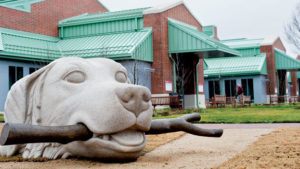
CVM’s programs are designed to prepare house officers for a career in private or academic specialty practice, specialty board certification, and/or research careers in industry, government, or graduate work.
Of the past 100 house officers that have completed a CVM program:
- 41% went into private practice,
- 54% into academic specialty practice (either into a residency or faculty position), with the remaining 5% choosing to work with the Army, non-profit organizations, or taking a break.
In addition, our past 100 house officers work in 11 different countries and 30 different states.
Three cheers for our amazing House Officers of NC State University!
- Categories:
